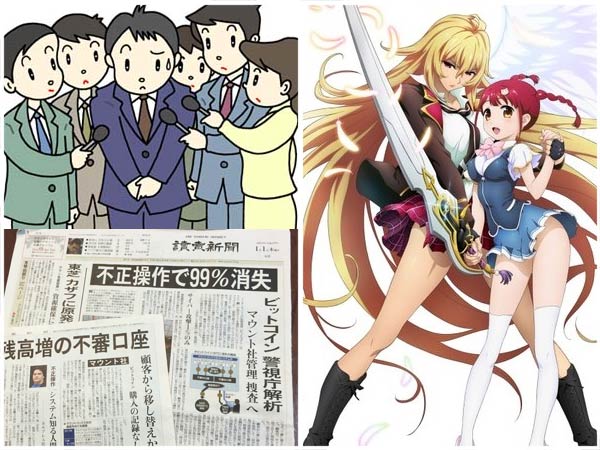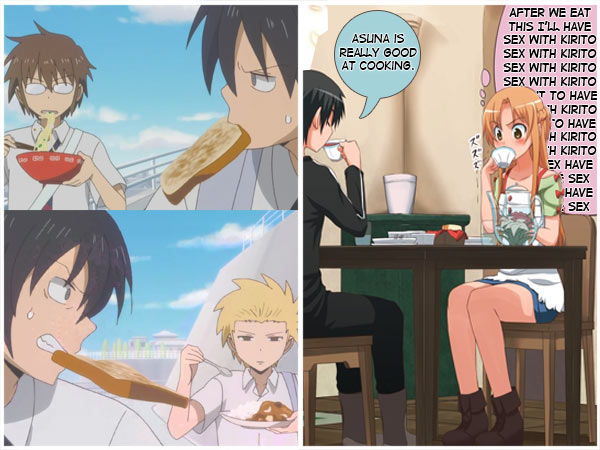We hope you’re enjoying the all-new J-List website. Just a reminder: certain products like magazine and snack subscriptions, iTunes cards and game downloads are still not up, but will be soon. For English visual novels and eroge via download, please visit JAST USA.
Last time I talked about anime series which have the power to affect us emotionally with deep stories of love and loss. Of course not every anime can be Shakespeare, and many shows take the low road, building appeal with fans through fanservice, the sexual or situational visual elements that appeal to fans’ baser appetites. Although fanservice has been with us since the days of Cutey Honey and her conveniently exploding costume, series built almost entirely of fanservice became a thing in the late 90s and early 2000s, with such classics as Agent AIka and Ikki Tousen. I recently started the new anime Valkyrie Drive Mermaid, about pairs of girls in which one member transforms into a weapon when, ah, stimulated by the other. (I wasn’t going to bother with the show, but the combination of yuri and an episode featuring a giantess changed my mind.) As with other works like High School DxD, it’s not high drama, but seeing what outrageous situations the creators dream up is a lot of fun.
I was recently asked to write about the news media in Japan, and I’m happy to oblige. The mainstream media in Japan is known as masu-komi (from “mass-communications”), and as in other countries they report on news events to keep everyone informed on what’s happening in the world. As with all things, politics enters the reporting to a certain degree, and you pick up pretty quickly that Yomiuri-affiliated news sources will generally be on the conservative side (favorable to business and Prime Minister Abe’s Liberal Democratic Party), while Asahi Shimbun’s networks will lean to the left. The exception to this is NHK, Japan’s clone of the BBC, which strives in all things to be completely neutral. There are some interesting blind spots in the way the media works here. For example, they tread lightly when discussing certain topics, such as the Imperial Family or any topic related to a certain politically well-connected Buddhist religion, and when Google Maps displayed the historical locations of Japan’s eto “untouchables,” which is something that’s taboo to discuss, they lowered a cone of silence around the topic. In recent years, there’s been a lot of criticism of the mainstream press by citizens, who use the term masu-gomi (“mass garbage”).

Today, November 11, has been designated by the Ezaki Glico company as International Pocky and Pretz Day, since 11/11 looks like four Pocky sticks lined up, ready to be eaten. To help celebrate all Japanese snacks including Pocky and Pretz, Nestle Kit Kat and more, we’re having a big sale this week only. Get $11 off any order of Japanese snacks above $40 with code POCKY2016! (Good through next Monday).
















